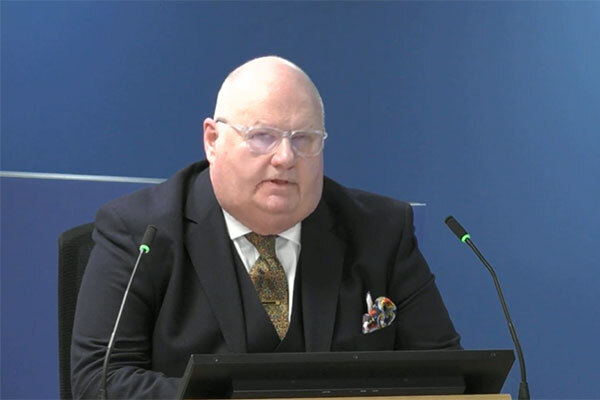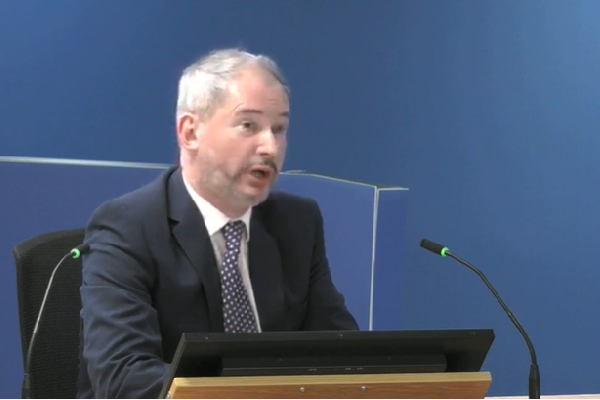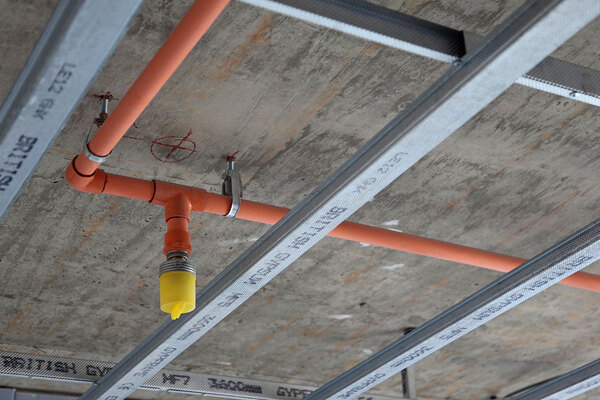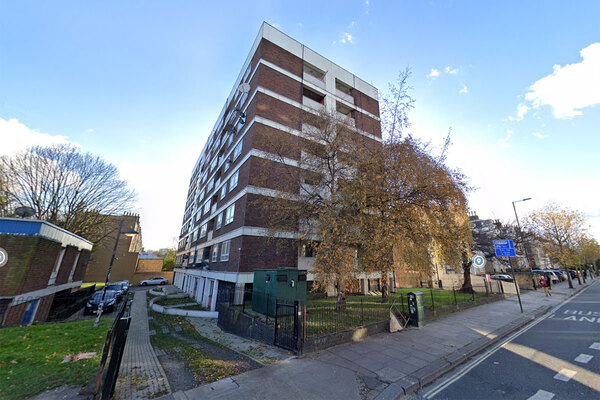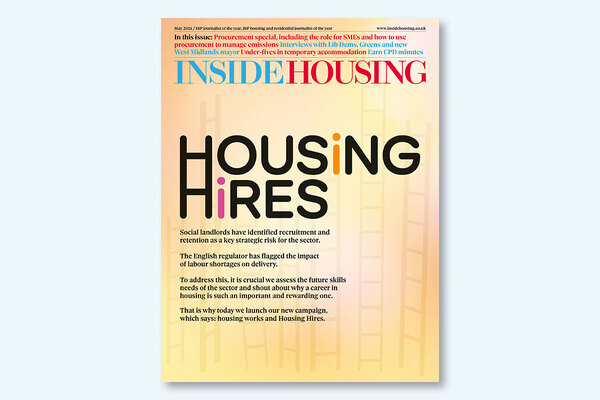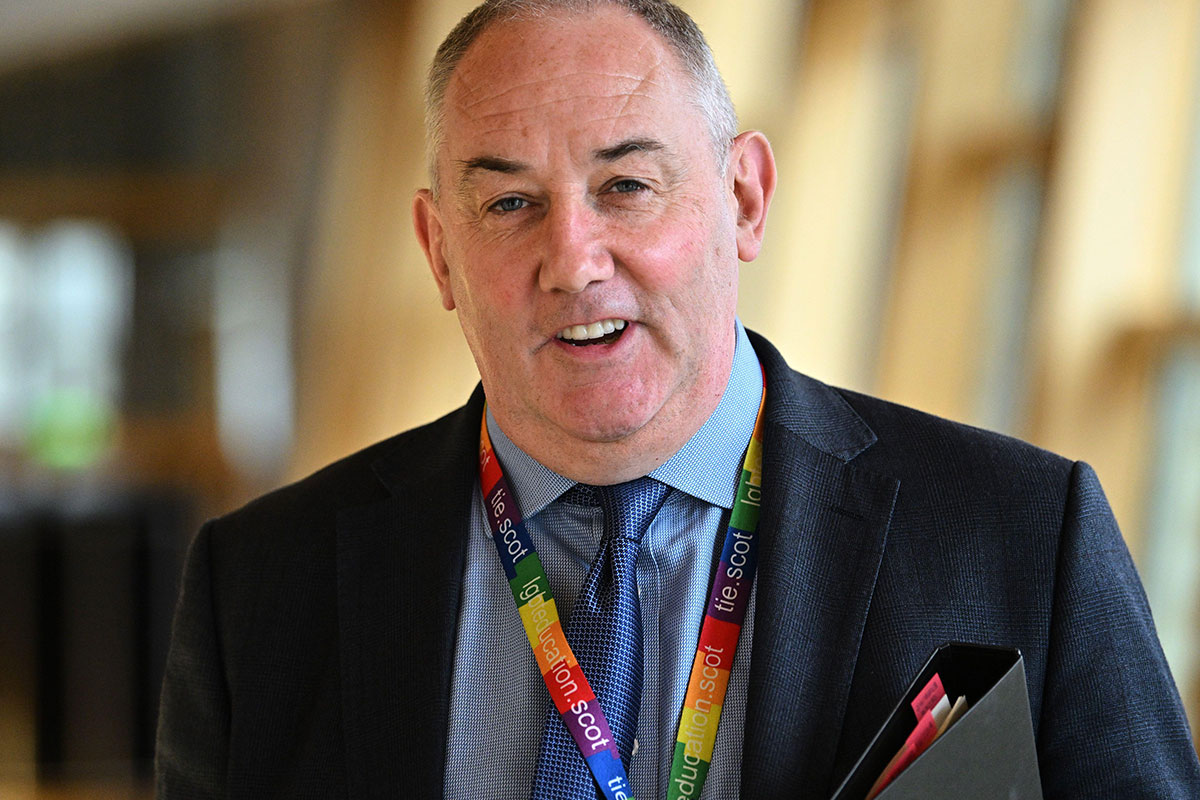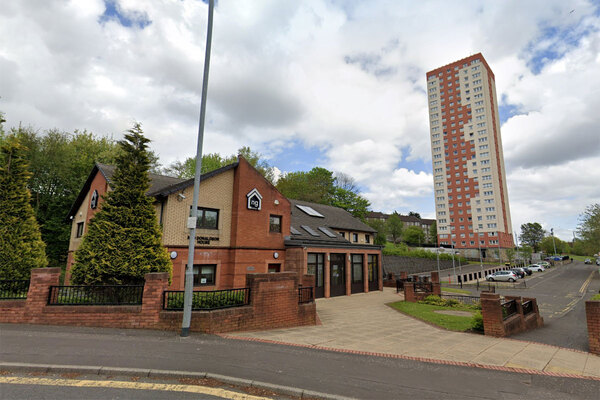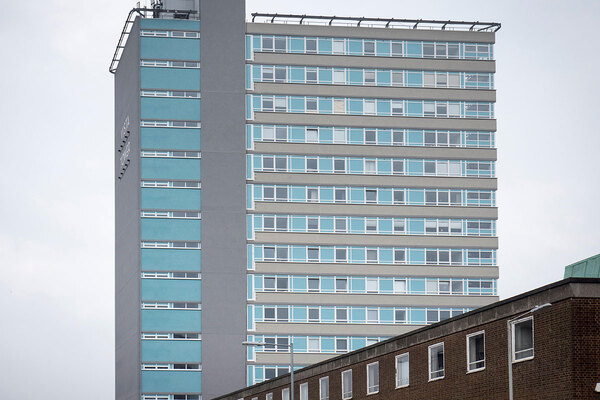Former minister admits ‘scepticism’ over Lakanal recommendations
A former secretary of state agreed he treated the recommendations made to government following the fatal Lakanal House fire “with some scepticism”, after officials told him the inquest into the fire had heard “confused” evidence.
Eric Pickles, who served as secretary of state for communities and local government between 2010 and 2015, told the Grenfell Inquiry that he felt it “wasn’t immediately urgent” to amend the building regulations following the Lakanal House fire.
The Lakanal House fire resulted in the deaths of six people in 2009. In 2013, following an inquest into the deaths, a coroner made a number of recommendations to the government, including that it review Approved Document B (ADB) of the building regulations to make it easier to understand.
In his response to the coroner, Mr Pickles agreed to publish a new version of ADB by 2016-17, however the inquiry has previously heard that such a review had barely begun by the day of the Grenfell fire in June 2017.
The inquiry was shown a submission sent to ministers by Brian Martin, the civil servant with responsibility for the building regulations, shortly after the coroner made its recommendations.
In the submission, he said the expert witness appointed to advise the inquest gave “confused and conflicting evidence on what was required by building regulations at the time”, adding that this was in part due to “the process of cross-examination”.
“Given the confusion in court, it is unsurprising that the coroner has criticised the clarity of the guidance in Approved Document B and has called for it to be made clearer,” Mr Martin wrote.
Mr Pickles said this submission from Mr Martin “certainly affected my judgement in the importance of doing this”.
“Is it your evidence that when you read the [coroner’s] words ‘ADB is the most difficult document to use’, you treated that with some scepticism given that you were also being told by your officials that the process of cross-examination at the inquiry had confused matters?” asked Richard Millett QC.
“I think yes, but I think in a respectful way I wasn’t going to dismiss the coroner’s views, but nevertheless it was very much at the forefront of my mind. I was [told] that I shouldn’t worry, there wasn’t any real issue in terms of safety, people know these kind of things.”
Melanie Dawes, a former permanent secretary at Ministry of Housing, Communities and Local Government – which is now called the Department for Levelling Up, Housing and Communities – previously told the inquiry that government officials had been “dismissive” of the Lakanal recommendations.
The inquiry has also heard that the wording of ADB in the years leading up to Grenfell led to confusion in industry over whether combustible cladding, like the type used on Grenfell, was permitted on tall buildings.
Mr Pickles was also asked about the coalition government’s deregulation agenda and whether he felt that got in the way of work to review the building regulations.
Multiple civil servants have told the inquiry that the government’s agenda, which included a ‘one in, two out’ rule for any new regulation, impacted efforts to review ADB.
The inquiry has been told that the policy meant that a cost analysis of any proposed regulation had to be carried out, with the equivalent amount of cost removed from industry by cutting other regulations.
Former official Richard Harral told the inquiry that even clarifying or simplifying ADB would have triggered a cost review requiring deregulation, given the cost imposed on industry to have to familiarise itself with the new guidance.
When asked whether he knew that officials in the building regulations department were operating under an assumption that the deregulation policy applied to the efforts to amend ADB, Mr Pickles said he didn’t and that he would have regarded that as being “ludicrous”.
He described Mr Harral’s evidence as “wholly wrong” and said he didn’t find it “very convincing”.
Another civil servant, Bob Ledsome, told the inquiry that no one in his team tried to apply for building regulations to be made exempt from the ‘one in, two out’ rule because they didn’t think ministers would have allowed it. He said civil servants had to make decisions over “whether it was a fight worth having”.
When asked for his reaction to Mr Ledsome’s testimony, Mr Pickles said it was “intense impatience”.
“What’s the point in holding that kind of job… my view might be put simply: it is politicians’ role to make decisions. You don’t help the politicians to make a decision unless you confront them with the reality,” he said.
Mr Pickles was also shown a league table that was produced in December 2014 by the Department for Business, Innovation and Skills, that ranked government departments based on the savings they had made through deregulation between 2011 and 2015 (see table below).
When asked by Mr Millett whether the league table tells us “there was competition between departments for the top spot”, Mr Pickles said no, pointing to the fact that the table did not show the savings in the context of the size of the department.
Mr Pickles called the table a “puff piece”, but then took the phrase back saying that it was “entirely unjustified”.
The inquiry continues tomorrow with further evidence from Mr Pickles.
Sign up for Inside Housing’s weekly Grenfell Inquiry newsletter
Each week our sister publication Inside Housing sends out a newsletter rounding up the key news from the Grenfell Inquiry, along with exclusive analysis of what it all means for the social housing sector.
Already have an account? Click here to manage your newsletters
